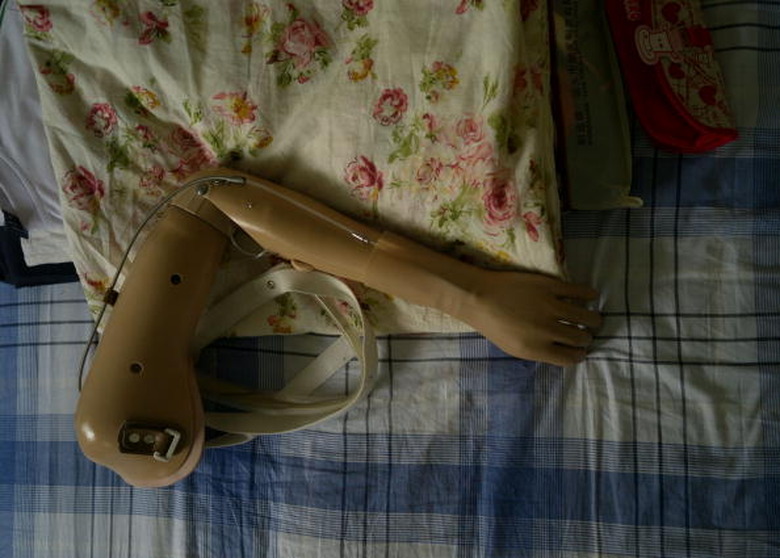Negative Effects Of Bionics On Society
Bionics, also known as biomedical implants, are artificial additions to the human body. In most cases, these additions are meant to mimic the function of a nonfunctional body part, such as a limb or an eye. Some bionics, such as artificial limbs, have existed in one form or another for centuries. Newer innovations, such as cochlear implants, are still finding their place in society. Despite their positive aspects, bionics can have some negative societal effects.
Ethical and Aesthetic Concerns
Ethical and Aesthetic Concerns
Bionics in general have an ambiguous status in society. The concept of artificial body parts is tied closely to the definition of humanity. Some religious groups and societies believe bionics to be unclean or sinful, which may be reflected in the way they treat individuals with bionics. Some biomedical implants, such as cochlear implants, are much more effective when implanted in infants rather than adults. This raises the question of whether such a life-changing decision as a bionic implant can be made by another person.
Inflated Social Expectations
Most bionics are still not at the stage of restoring full function to disabled limbs or senses. However, public perception of bionics often credits them with greater effectiveness than they have. A disabled person who receives a bionic hand or cochlear implant may still be operating at a much lower level of effectiveness than someone with a flesh-and-blood equivalent. The perception that they have been fully cured of their affliction may make it more difficult to gain the help and understanding they still require.
Trans-Humanism
Trans-Humanism
While bionics are still struggling to mimic natural human abilities in most cases, there are a few examples of existing bionic technologies, which surpass normal human abilities, with more on the horizon. A runner with two artificial legs was banned from the 2008 summer Olympics, after a scientific study showed they gave him an unfair advantage. This raises the question of trans-humanism, the use of bionics to increase the natural abilities of healthy humans. This raises the question of ethics to a higher and more controversial level, and afflicts many bionic technologies under development today.
Economic Divides
Economic Divides
Bionics are often expensive examples of advanced technology. Artificial hands can range from a simple metal hook to a fully articulated mechanical hand wired into the user's own nervous system. The sharp contrast in cost and function between these two examples demonstrates the size of the economic divide in bionics. By providing the possibility of repairing disabilities at great expense, bionics threatens to deepen the gap between the rich and poor in terms of quality of life.
Cite This Article
MLA
Clay, Charles. "Negative Effects Of Bionics On Society" sciencing.com, https://www.sciencing.com/negative-effects-bionics-society-8517245/. 24 April 2017.
APA
Clay, Charles. (2017, April 24). Negative Effects Of Bionics On Society. sciencing.com. Retrieved from https://www.sciencing.com/negative-effects-bionics-society-8517245/
Chicago
Clay, Charles. Negative Effects Of Bionics On Society last modified March 24, 2022. https://www.sciencing.com/negative-effects-bionics-society-8517245/
